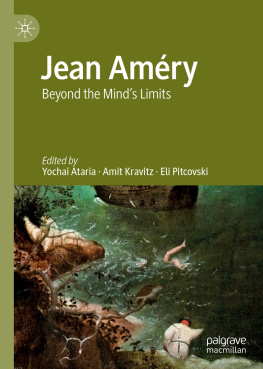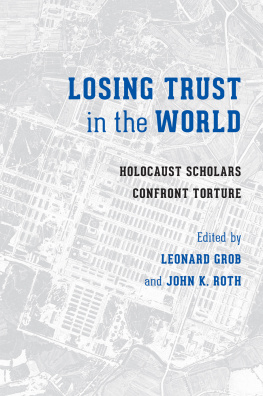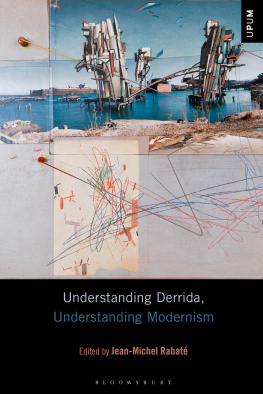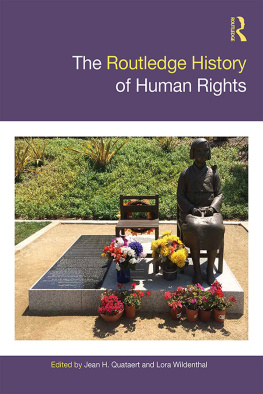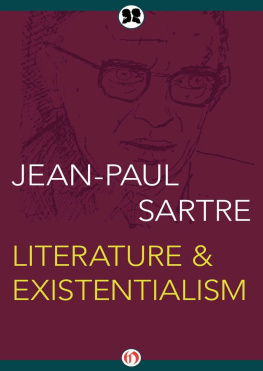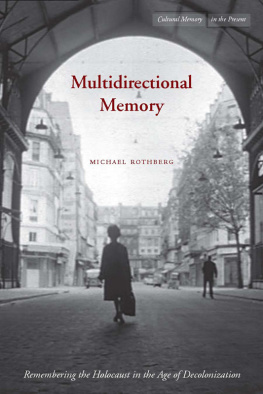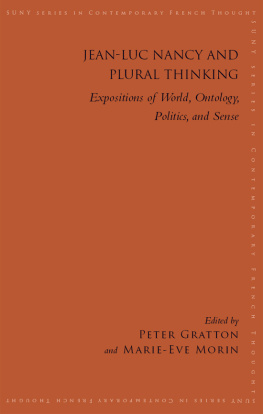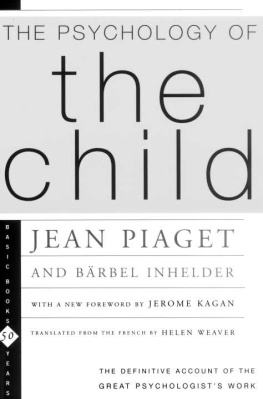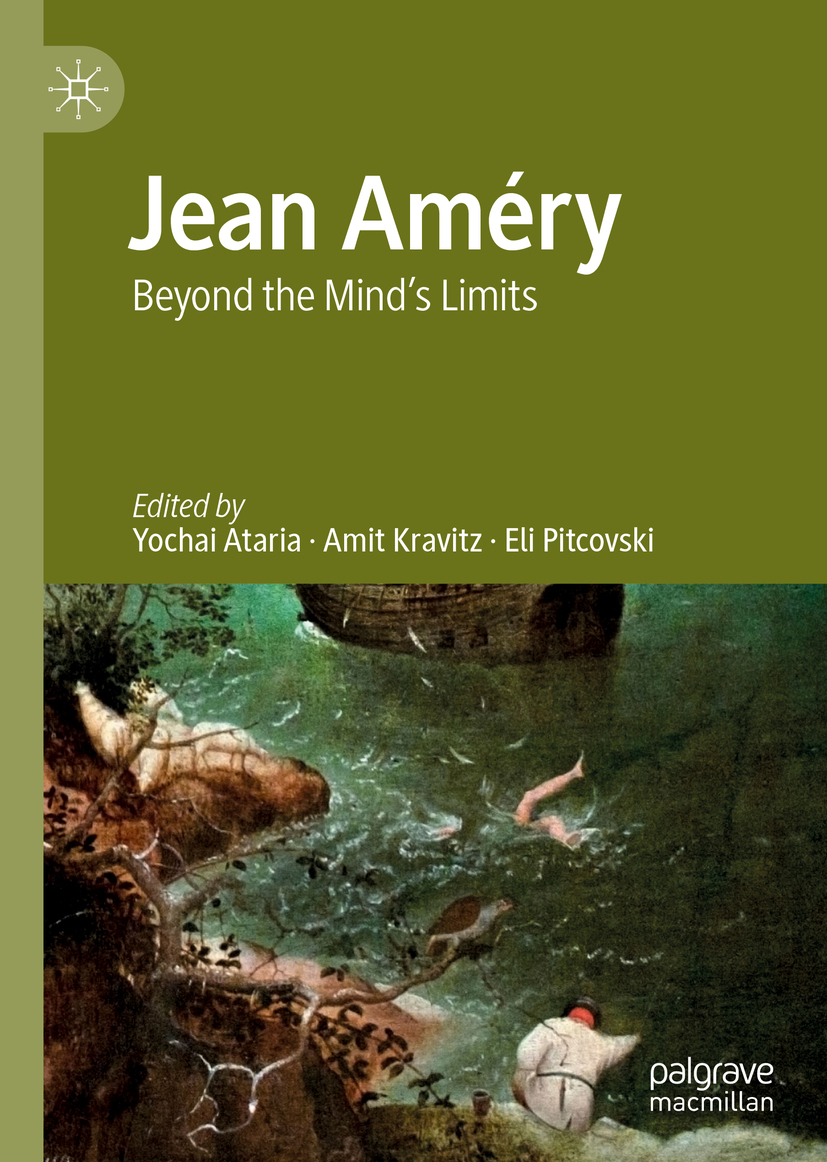Editors
Yochai Ataria
Tel-Hai Academic College, Upper Galilee, Israel
Amit Kravitz
Ludwig-Maximilian University of Munich, Munich, Germany
Eli Pitcovski
Tel-Hai Academic College, Upper Galilee, Israel
ISBN 978-3-030-28094-9 e-ISBN 978-3-030-28095-6
https://doi.org/10.1007/978-3-030-28095-6
The Editor(s) (if applicable) and The Author(s), under exclusive license to Springer Nature Switzerland AG 2019
This work is subject to copyright. All rights are solely and exclusively licensed by the Publisher, whether the whole or part of the material is concerned, specifically the rights of translation, reprinting, reuse of illustrations, recitation, broadcasting, reproduction on microfilms or in any other physical way, and transmission or information storage and retrieval, electronic adaptation, computer software, or by similar or dissimilar methodology now known or hereafter developed.
The use of general descriptive names, registered names, trademarks, service marks, etc. in this publication does not imply, even in the absence of a specific statement, that such names are exempt from the relevant protective laws and regulations and therefore free for general use.
The publisher, the authors and the editors are safe to assume that the advice and information in this book are believed to be true and accurate at the date of publication. Neither the publisher nor the authors or the editors give a warranty, express or implied, with respect to the material contained herein or for any errors or omissions that may have been made. The publisher remains neutral with regard to jurisdictional claims in published maps and institutional affiliations.
Cover illustration: Peter Horree / Alamy Stock Photo
This Palgrave Macmillan imprint is published by the registered company Springer Nature Switzerland AG.
The registered company address is: Gewerbestrasse 11, 6330 Cham, Switzerland
Introduction
Jean Amry was born Hans Mayer in Vienna, in 1912, the son of a middle-class Austrian mother and an assimilated Jewish father. In 1935, when Nazi Germany instituted anti-Semitic racial Laws, Amry was studying philosophy and literature at Vienna University. Following Germanys annexation of Austria (Anschluss) in 1938, he escaped the Nazi regime. He initially fled to France and later to Belgium, where he joined a German-speaking unit of the resistance. In July 1943, Amry was arrested by the Gestapo for spreading anti-Nazi propaganda among the German occupying forces in Belgium. Imprisoned in Fort Breendonk, Amry was tortured and interrogated by the SS for several days. Upon realizing that he was Jewish, not merely a political prisoner, his captors sent him to Auschwitz. Amry endured a year in Auschwitz III, the Buna-Monowitz labor camp. Lacking manual skills, he was assigned to a labor detail at the I-G Farben site, digging dirt, laying cables, lugging sacks of cement and iron crossbeams. As the Red Army advanced, Amry was evacuated first to Buchenwald and subsequently to Bergen-Belsen, where he was liberated in April 1945. Amry did not speakpubliclyabout the Holocaust for almost twenty years. He finally broke his silence in October 1964, in a series of radio programs in Germany. These programs subsequently formed the basis for his well-known collection of essays,Jenseits von Schuld und Shne(1966). An English translation, entitledAt the Minds Limits, was published in 1980. On October 17, 1978, Amry committed suicide.
Amrys decision to break his silence and broadcast his first radio program about the Holocaust should be understood on the background of the Auschwitz trials (that began in December 1963), the publication of Primo Levis bookIf This Is a Manin Germany (1961), and Arendts contemplations of the Eichmann trial (1963). Amrys views and style offered a unique, challenging, and straightforward perspective on Auschwitz from within. Throughout the years, interest in Amry has grown continuously. Today, it seems that the essays he published based on his radio programs were not only timely but also timeless.
This volume explores various major aspects of Amrys work. While reading AmryquaHolocaust survivor is unavoidable, such overgeneralizations may obscure the uniqueness of Amrys voice. In light of this, the essays in this volume collectively contribute to a subtler, more comprehensive picture of Amrys thought and a better understanding of his multifaceted personality.
The volume is divided into three parts. The first, entitled Limits: Bound to the Past, concentrates on what appears to be Amrys insistence on facing backwards, not allowing the past slip away. The essays in this part explore various aspects of this stance, according to which the world continued to move forward while Amrys personal clock remained frozen in time. The second part, The Mind: Torture and Consequences, focuses on the nature of torture, the ramifications of this experience, and the relevant normative implications. The third part, Beyond: Philosophy and Literature, progresses beyond the discourse of victimization and trauma, examining less well-known aspects of Amrys work, with special attention to his literary work and philosophical views.
The first part begins with a chapter byBerel Lang. Lang compares Amry to a fellow inmate, a man who was imprisoned in the same block as Amry and is considered one of the most important authors to have written about Auschwitz: Primo Levi. Indeed, there are numerous parallels between the lives (and deaths) of Jean Amry and Primo Levi. This essay underscores the differences between the two writers understanding of their wartime experiences and their reactions to that past in the post-Holocaust reality.
In the second chapter,Amit Kravitzexplores the issue of testimony, revealing different aspects of Amrys intricate philosophical approach toward it. In particular, Kravitz examines Amrys approach to testimony in light of three philosophical challenges: (a) testimony and the question of historical objectivity; (b) testimony and the reality of evil; and (c) the tension between testimony and the concept of moral kitsch. In addition, this chapter considers the ramifications of the so-called universalization of the Holocaust on testimony.
Subsequently,Fred Alforddiscusses forgiveness in the intergenerational context. According to Alford Amry regarded forgiveness as a virtue only under impossible conditions: when both perpetrator and victim wish with equal intensity that the offense had never occurred; that time could be reset, ensuring a different outcome. However, Amrys approach encounters a further problem: it can apply only to the Holocaust generation. Subsequent generations, on both sides, can no longer wish for the reversal of time, because they are outside of the original time frame.
Magdalena Zolkosoffers a comparative analysis of Amrys essay How Much Home Does a Person Need? In this essay, Amry argued that the homesickness experienced by assimilated German-speaking Jews during the war was a very specific kind of longing. This chapter, however, goes a step further, examining Amrys notions in the context of Behrouz Boochanis writingsthe political memoir of a refugee imprisoned in the Australian detention center on Manus Island. In so doing, it reveals the central role played by the motif of freedom as a means of resisting oppression.In the final chapter of the first part,

